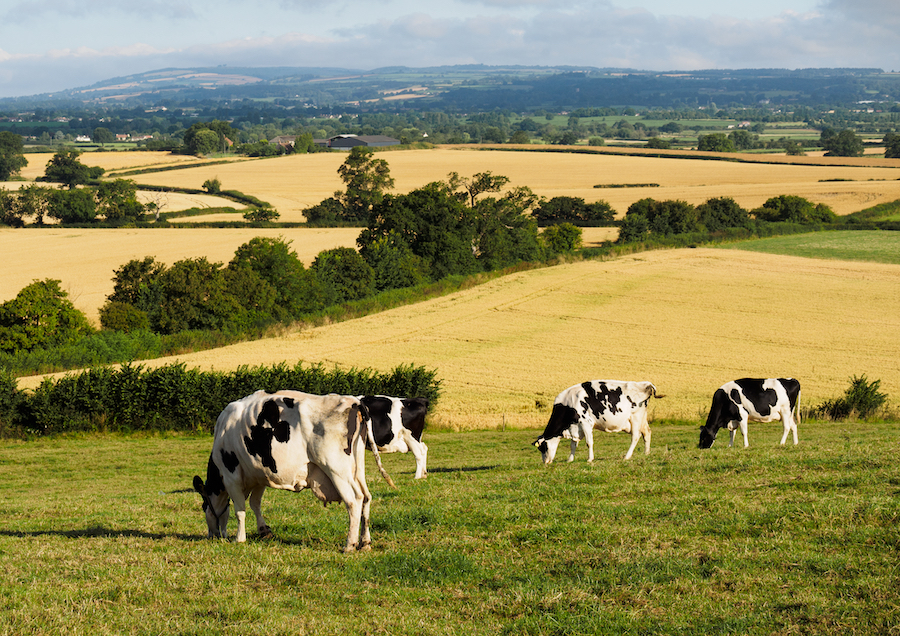Vaccination critical this season due to parasite risk
25th January 2024
Dairy farmers are being encouraged to vaccinate youngstock and naïve cattle against lungworm (husk) ahead of the 2024 grazing season after a significant rise in cases in recent years.

“Cases of lungworm are on the increase and the disease is also becoming more common in adult cattle,” said Dr Kat Baxter-Smith, veterinary adviser with MSD Animal Health.
“Recent conditions have been ideal for lungworm larvae to survive in pasture for longer and to contaminate new areas – and this is likely to continue as we move deeper into 2024.”
She adds that changing weather conditions also create protection challenges for producers that rely on preventative wormers.
Turning out for longer
“Farmers across GB are now able to turn cattle out for longer – up to two months longer in some cases. Consequently, vets in practice are seeing a lot of cases towards the end of the later part of the extended grazing season when protection from preventative wormers has worn off, leaving livestock vulnerable.
“What’s more, the use of long acting anthelmintics also limits the ability of cattle to build up immunity against lungworm as they will be exposed to fewer larvae. When cattle are then exposed to contaminated pastures, a significant lungworm outbreak is possible,” says Dr Baxter-Smith.
Better management
Lungworm infestation occurs when cattle eat grass contaminated with larvae from the worm Dictyocaulus viviparus, which migrates to the animal’s lungs. Once there, they develop into adults and produce eggs that are then coughed up and swallowed. Eggs that hatch in the digestive system are then passed out of the animal through faeces as larvae to contaminate pasture – ultimately starting the lifecycle over again once consumed by grazing livestock.
Dr Baxter-Smith explained that lungworm could be managed more effectively by UK cattle producers through an increased uptake of vaccination, particularly for naïve first season grazers pre turnout.
“Unlike long acting anthelmintics, which kill the parasite and reduce or even prevent ongoing exposure and necessary build-up of immunity, vaccination allows cattle to develop immunity to lungworm thanks to the use of irradiated larvae in the husk vaccine.
“When cattle receive two doses of the vaccine orally (approximately four weeks apart) prior to turnout in the spring, the irradiated larvae ingested will migrate through the lungs just like the ones cattle pick up on contaminated pasture. However, because these larvae are irradiated, they can’t fully develop, which allows the treated animal to develop protective immunity, but not infection.”
Safeguarding against financial losses
To help safeguard against financial losses from lungworm and potential developing resistance with long acting anthelmintics, MSD Animal Health is encouraging farmers to work with their veterinary professional on a farm parasite control plan before turnout.
“The most effective way to prevent lungworm infection in cattle is to build immunity through vaccination. While long-acting wormers can be used to control disease, they may limit exposure to lungworm larvae meaning calves remain susceptible to infection in future years.
“Indeed, the livestock farming industry must look at ways to minimise its use of these products to slow the development of resistance. And an increased uptake of pre-turnout vaccination against lungworm is an important way we can do this,” said Dr Baxter-Smith.
Read more livestock articles here
